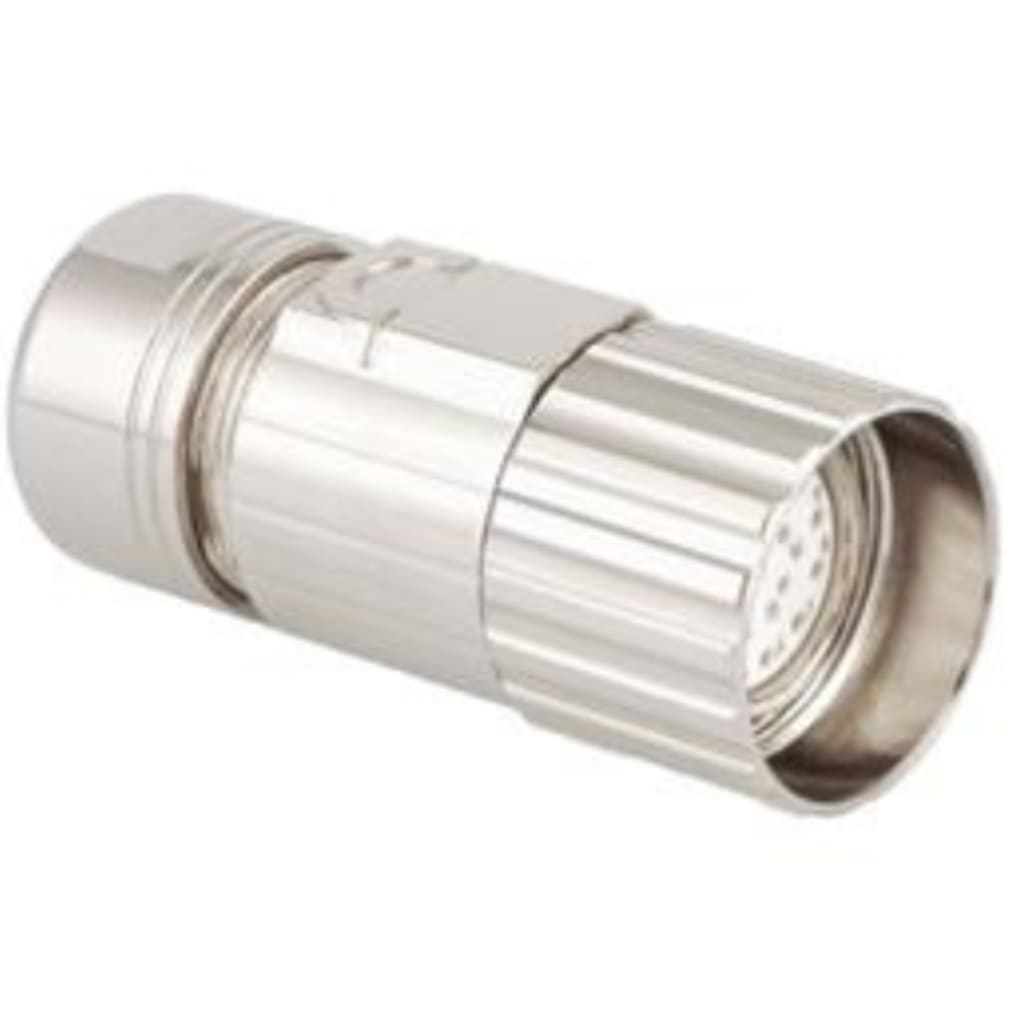What are the Different Types of Industrial Connectors and Their Specific Uses?
Enhancing Connectivity: An Overview of Industrial Connectors and Their Purposes

Industrial connectors play a vital role in various industries, providing reliable and secure connections for electrical and electronic systems. These connectors come in different types, each designed to suit specific applications and requirements. In this article, we will explore the various types of industrial connectors and their specific uses. So let's dive in!
Introduction
Industrial connectors are essential components that facilitate the transfer of signals, power, and data between different electronic devices and systems. They ensure a secure and efficient connection, even in harsh and demanding environments. Let's explore the different types of industrial connectors and their specific uses.
Rectangular Connectors
Rectangular connectors are versatile and widely used in various industrial applications. They have multiple pins arranged in a rectangular housing, enabling easy and reliable connections. Two common types of rectangular connectors are circular connectors and rectangular multi-pin connectors.
Circular Connectors
Circular connectors, as the name suggests, have a circular shape and are commonly used in applications that require robust and waterproof connections. They are prevalent in industries such as aerospace, defense, and marine. Circular connectors provide excellent resistance to environmental factors like moisture, dust, and vibrations.
Rectangular Multi-Pin Connectors
Rectangular multi-pin connectors are widely used in industrial automation and control systems. They offer a high pin count and compact design, making them suitable for applications where space is limited. These connectors are commonly found in robotics, machinery, and factory automation.
Fiber Optic Connectors
Fiber optic connectors are specifically designed for transmitting optical signals over long distances with minimal loss. They provide high bandwidth and immunity to electromagnetic interference. Two popular types of fiber optic connectors are ST and SC connectors.
ST Connector
ST connectors are widely used in telecommunications and networking applications. They feature a bayonet-style coupling mechanism, ensuring a secure connection. ST connectors are easy to install and provide low insertion loss, making them suitable for both single-mode and multimode fiber optic cables.
SC Connector
SC connectors are another common type of fiber optic connectors. They have a push-pull coupling mechanism, allowing quick and easy connections. SC connectors are widely used in data centers, LANs, and telecommunication networks. They offer excellent performance and reliability.
Coaxial Connectors
Coaxial connectors are designed for transmitting high-frequency signals with minimal loss. They are commonly used in applications such as telecommunications, broadcasting, and medical equipment. Two popular coaxial connectors are BNC and SMA connectors.
BNC Connector
BNC connectors are widely used in video and RF applications. They feature a bayonet-style coupling mechanism, making them easy to connect and disconnect. BNC connectors provide good electrical conductivity and can handle frequencies up to several gigahertz.
SMA Connector
SMA connectors are commonly used in high-frequency applications, including wireless communication systems and antennas. They have a threaded coupling mechanism, ensuring a secure connection. SMA connectors offer excellent electrical performance and are available in various sizes.
High-Speed Connectors
High-speed connectors are designed to handle fast data transmission rates, making them suitable for applications requiring high bandwidth. Two widely used high-speed connectors are USB and HDMI connectors.
USB Connectors
USB (Universal Serial Bus) connectors are extensively used for connecting peripherals to computers and other devices. They support high-speed data transfer and provide power supply capabilities. USB connectors come in various types, including USB-A, USB-B, and USB-C.
HDMI Connectors
HDMI (High-Definition Multimedia Interface) connectors are commonly found in audiovisual equipment, such as TVs, monitors, and projectors. They enable the transmission of high-quality audio and video signals over a single cable. HDMI connectors support different versions, including HDMI 1.4, HDMI 2.0, and HDMI 2.1.
Terminal Blocks
Terminal blocks are essential connectors used for electrical wiring and circuit connection purposes. They provide a secure and organized way to terminate and connect wires. Two common types of terminal blocks are screw-type terminal blocks and spring-loaded terminal blocks.
Screw-Type Terminal Blocks
Screw-type terminal blocks feature screws that clamp down on wires, ensuring a reliable connection. They are widely used in electrical installations, industrial control panels, and building wiring. Screw-type terminal blocks offer flexibility and ease of installation.
Spring-Loaded Terminal Blocks
Spring-loaded terminal blocks use spring pressure to establish connections, eliminating the need for screws. They allow for quick and easy wire insertion and removal. Spring-loaded terminal blocks are commonly used in applications that require frequent wiring changes or temporary connections.
Conclusion
Industrial connectors are essential components in various industries, enabling reliable connections for electrical and electronic systems. In this article, we explored the different types of industrial connectors and their specific uses. From rectangular connectors to fiber optic connectors, coaxial connectors to high-speed connectors, and terminal blocks, each type serves a unique purpose and caters to specific application requirements.
FAQs
Q1. Are industrial connectors waterproof?
Yes, some industrial connectors, such as circular connectors, are designed to be waterproof and provide reliable connections even in harsh environments.
Q2. Can I use fiber optic connectors for both single-mode and multimode cables?
Yes, fiber optic connectors like ST connectors are suitable for both single-mode and multimode cables.
Q3. What are the common applications of BNC connectors?
BNC connectors are commonly used in video surveillance systems, oscilloscopes, and high-frequency communication equipment.
Q4. What is the difference between USB-A and USB-C connectors?
USB-A connectors are the traditional rectangular connectors used in most computers, while USB-C connectors are smaller, reversible, and support faster data transfer rates.
Q5. Can spring-loaded terminal blocks be used for permanent connections?
While spring-loaded terminal blocks allow for easy wire insertion and removal, they can also be used for permanent connections if properly secured.





Comments
There are no comments for this story
Be the first to respond and start the conversation.